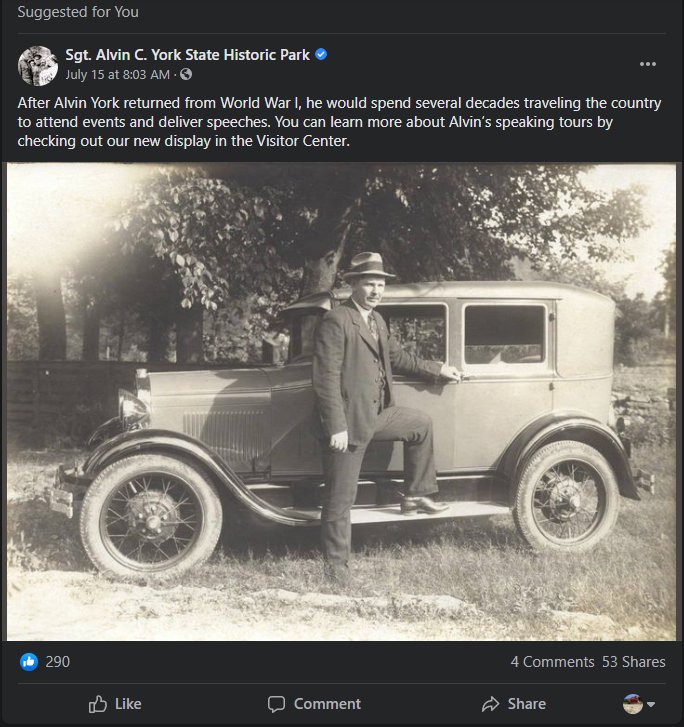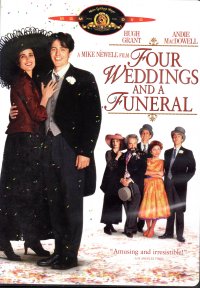 Apparently, I had a brief Andie MacDowell movie kick; I watched Multiplicity, and then I followed it up with this film. As you might remember, gentle reader, I read the screenplay in May 2020. Now that I’ve read the screenplays for Firefly, I can see that I am not cut out to be a film writer as I have a train of thought that generally would barrel right through a bunch of these scenes/shots/snippets of dialog.
Apparently, I had a brief Andie MacDowell movie kick; I watched Multiplicity, and then I followed it up with this film. As you might remember, gentle reader, I read the screenplay in May 2020. Now that I’ve read the screenplays for Firefly, I can see that I am not cut out to be a film writer as I have a train of thought that generally would barrel right through a bunch of these scenes/shots/snippets of dialog.
But that, gentle reader, is further comment on modern screenplays and not so much on this film qua film. Well, it’s definitely a self-contained universe. Hugh Grant’s Charles is late (always) to weddings, and when he goes to one where he’s the best man, he forgets the rings and then falls in love with the American Carrie (different from the Kingian Carrie) played by MacDowell before or during hooking up with her. When friends who get together at this wedding marry a couple months later, Carrie and Charles meet again–and Carrie introduces her fiance. At her wedding a couple months later, the guy that I remembered dies dies; at his funeral, they recite an Auden poem. At the fourth wedding, Charles with an old lover with whom he’s gotten betrothed only to discover Carrie is separated from her husband, and he leaves his fiancee at the altar to rekindle his romance with the American woman with 33 total sexual partners. Because that’s how we do things in America, y’all.
As I mentioned, I probaby saw this film when I was single, dating a girl who liked these kinds of movies (and took a movie appreciation class which meant I’ve also seen The Cabinet of Dr. Caligari), and when the film was relatively contemporary. Looking at it now, I think the characters are all rather superficial. Perhaps that’s a bit of the structure of it–just the four weddings and a funeral–but, c’mon, man, you get a better sense of who everyone in Wedding Crashers or The Wedding Singer is outside of the formal ceremonies.
Yeah, I didn’t like it. And I fear I’m still more Hugh Grant than Cary Grant.
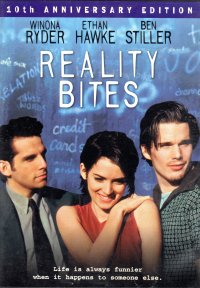 Right on the tails of Four Weddings and a Funeral, I popped in Reality Bites to see how shallow popular culture presented us as/wanted us to be in the early middle 1990s. I had just read Severian’s recommendation of this movie, although I guess he said:
Right on the tails of Four Weddings and a Funeral, I popped in Reality Bites to see how shallow popular culture presented us as/wanted us to be in the early middle 1990s. I had just read Severian’s recommendation of this movie, although I guess he said:
But since thinking about Singles only reminds me of Reality Bites (1994), which, in an uber-90s meta move, is a near-contemporary sludgy parody of Singles, let’s move on.
[I’ll leave it to y’all to discuss the merits of Reality Bites as a slice-of-90s-life. I got dragged to it by my college girlfriend, and y’all, it was painful. For one, it’s a bad movie — one of the least funny “comedies” you’ll ever see. For two, Ethan Hawke really nailed his character; that pseudo-badboy douchebag was everywhere in the 90s; that part is spot on, and imagine really living with that guy. For three, my girlfriend truly believed she was the Wynona Ryder character, but she was really the Janeane Garofalo character, and though Garofalo wasn’t as insufferable about politics back then, she was twice as insufferable about everything else. I’m sure you’ll be shocked to learn that we broke up not long after this date.
I guess that’s not a recommendation after all, but I got what I came for in punishment and self-flagellation.
I had not seen this before, being not of the urban contemporary cool cohort. I didn’t watch Friends, either.
So. The overarching story is that Winona Ryder’s Leliana gives the valodictorian speech from her college (although Valodictorian is a high school thing, ainna? I remember who my college graduation speaker was only because it wasn’t me, but that’s because the university didn’t even consider me as the speaker when I nominated myself) and says she’s going to change the world. She’s taking videos of her friends throughout, so that will be important. She ends up working as a producer on a morning program with an old man and an old audience, and she hates it; she lives with a girlfriend played by a young Janeane Garafolo. Another friend, Ethan Hawke’s starving, conflicted musician character, moves in when he loses another entry-level job. Steve Zahn is the other bit of their quartet, but he turns out to be gay. Leliana throws a cigarette out her window into the car of a young YUPPIE (alright, you cannot have an old Yuppie, I know, it’s redundant) who crashes into her while trying to put out a small fire in his convertible. Okay, there’s your thing: The young woman with pretentions meets an executive at a cable network. Does she love the guy with the job or the guy with the guitar? C’mon, man, follow your heart. Or maybe it’s best if you have a liberal arts degree to do so. She shows the tapes/edited documentary called Reality Bites to her boyfriend with the network, and the network cuts it to, you know, television, so she ends up with the guitar guy.
I mean, in 1994, I would have been about to be or freshly out of an expensive university (so expensive, gentle reader, that you know I say When I was at the university). I worked a full-time job through most of college, and then a job or a job and a half after college not working in my field, but making enough to keep gas in my car and my student loans paid (thanks to my sainted mother and aunt for the use of real estate for a couple of years until I lucked into a career). So when Leeloonooomrbill quits dramatically from a good job where she thought she was the stuff, not the on-air talent with years’ of experience and a dedicated audience, I balked. When she chooses the guy who can quote old television shows and some books over the guy with the job, I was all like, “Nah.”
You know, it’s probably a matter of time more than a matter of class distinction, but I don’t sympathize with these kids, either.
Jeez, was mass culture trying to make us that simple even then?
The aforementioned Severian has postulated that pop culture tends to be made by the previous generation, for the most part, and I add that sometimes it might be them trying to relive their callow youth in the present. The movie presents a couple of anachronisms for sure. The songs “My Sharona” and “Tempted”, for example; for someone who graduated in 1993-1994, we’re talking something that came on the radio when they were nine or ten. They discuss individual episodes of Good Times which went off of the air when they were, what, eight years old? Sure, it was in syndication for a bit, but not that much. I saw it a couple of times in the 1980s. This irked me in 13 Going On 30 in 2004. It irks me now.
So, yeah, I was not impressed with either of the films. Which is weird: One would think that I, a man who met his beautiful wife through poetry would appreciate a smart-talking, artsy guy getting the girl. But, gentle reader, even then, I had a job. Or two.
So enough of these “serious” movies. I’m back to comedies and actioners from before the turn of the century.
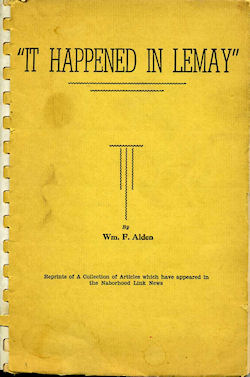




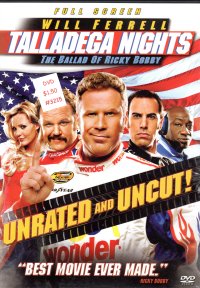 I had seen this film before–hopefully on cable or rental and not on a DVD since I just bought a DVD for a buck or two and don’t need a backup copy. I recently hit an antique mall and bought a number of DVDs for $1.50 or $2.00 each–cheaper than at a
I had seen this film before–hopefully on cable or rental and not on a DVD since I just bought a DVD for a buck or two and don’t need a backup copy. I recently hit an antique mall and bought a number of DVDs for $1.50 or $2.00 each–cheaper than at a  I got this book
I got this book 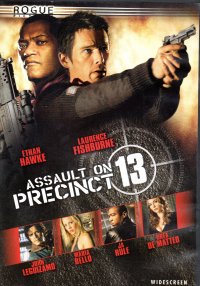 Well, apparently I went on an Ethan Hawke streak after my Andie MacDowell streak (
Well, apparently I went on an Ethan Hawke streak after my Andie MacDowell streak ( Apparently, I had a brief Andie MacDowell movie kick; I watched
Apparently, I had a brief Andie MacDowell movie kick; I watched  Right on the tails of Four Weddings and a Funeral, I popped in Reality Bites to see how shallow popular culture presented us as/wanted us to be in the early middle 1990s. I had just read
Right on the tails of Four Weddings and a Funeral, I popped in Reality Bites to see how shallow popular culture presented us as/wanted us to be in the early middle 1990s. I had just read 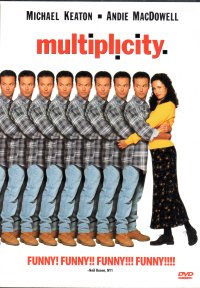 You’re right, gentle reader; I am watching a lot of films lately. In the olden days, I only got to watch a film or two every couple of months. The exception was VBS week, when I could watch one or two films every night for five nights. This summer, though, my beautiful wife has taken our boys to an amusement park once or twice a week (wearing out season passes) which gives me a chance to watch one or more. In addition to VBS week, where they volunteered as my boys have aged out of the program itself (already?) Also, I’m watching a film or so a week with my boys. So I am getting so many films in that I’ll want to take a break sometime and, I don’t know, read a book. Likely a book based on a television program or a movie.
You’re right, gentle reader; I am watching a lot of films lately. In the olden days, I only got to watch a film or two every couple of months. The exception was VBS week, when I could watch one or two films every night for five nights. This summer, though, my beautiful wife has taken our boys to an amusement park once or twice a week (wearing out season passes) which gives me a chance to watch one or more. In addition to VBS week, where they volunteered as my boys have aged out of the program itself (already?) Also, I’m watching a film or so a week with my boys. So I am getting so many films in that I’ll want to take a break sometime and, I don’t know, read a book. Likely a book based on a television program or a movie.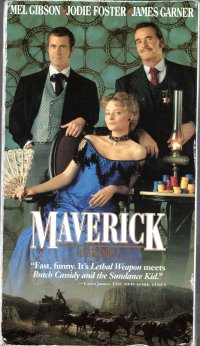 After we watched
After we watched  As it turns out,
As it turns out, 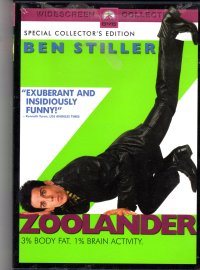 I watched this film with my boys because my youngest son has in the last couple of years decided that he will not smile for photographs. If you take a photo of him, he generally puts on a duckface pout, and I am wont to say, “Magnum! Dear God, it’s beautiful!” Which, as you know, conflates a couple of quotes from this film. So I wanted to share that source of that thing Dad always says with my boys.
I watched this film with my boys because my youngest son has in the last couple of years decided that he will not smile for photographs. If you take a photo of him, he generally puts on a duckface pout, and I am wont to say, “Magnum! Dear God, it’s beautiful!” Which, as you know, conflates a couple of quotes from this film. So I wanted to share that source of that thing Dad always says with my boys.
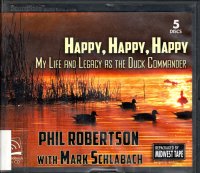 Taking a break from the audio courses, I picked up this set of CDs to listen to in the few times I’m in the car alone for any length of time these days. As it’s summer, I’m not spending half of my car time going to pick up or coming back from dropping off a boy–I generally have one or more with me. So it took me a while to get through this set of 5 CDs even though it only runs about five hours. In the other seasons, I can easily listen to five hours of lectures/audio books a week.
Taking a break from the audio courses, I picked up this set of CDs to listen to in the few times I’m in the car alone for any length of time these days. As it’s summer, I’m not spending half of my car time going to pick up or coming back from dropping off a boy–I generally have one or more with me. So it took me a while to get through this set of 5 CDs even though it only runs about five hours. In the other seasons, I can easily listen to five hours of lectures/audio books a week.